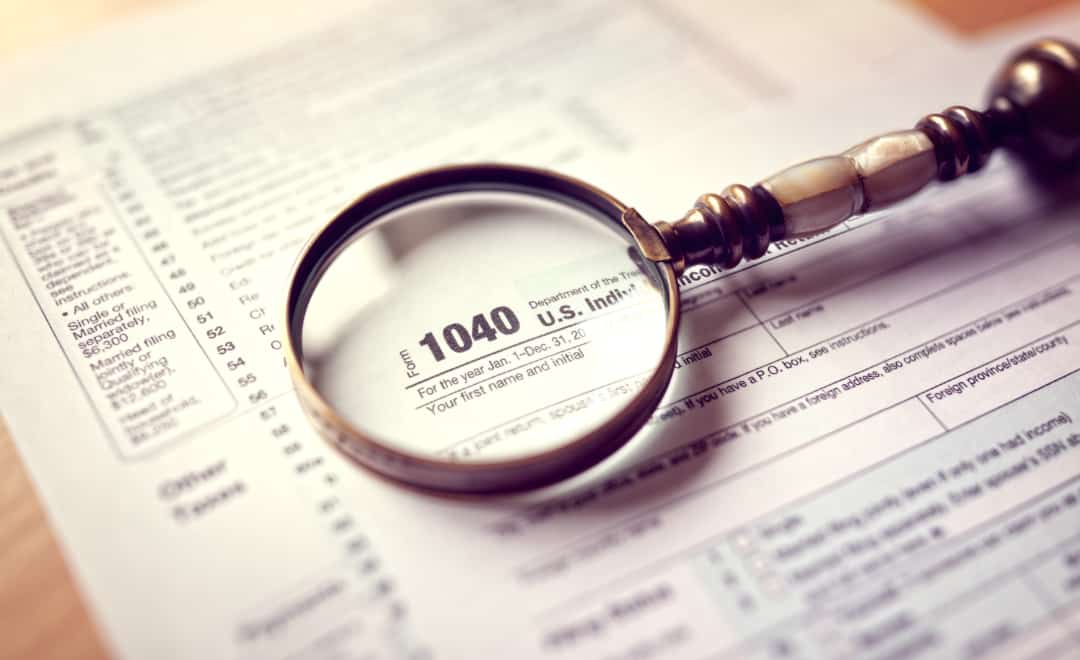It is the most wonderful time of the year—for a CPA. Yes, it is tax season, the time of year when forms start flooding your mailbox and you start scrambling for receipts. The top of every taxpayer’s mind is, “What can I do to avoid an audit?”
Basically, you cannot avoid it. The “triggers” for audits are the actions that occur in your everyday life and in the course of doing business. The key for surviving an audit is to prepare your tax return properly and accurately.
The IRS runs a computer program called the Discriminant Inventory Function System (DIF) for each individual and some corporate tax returns after they have been processed. The program looks for many things, including duplicate information, deductions, income level, credits, and other outliers from the median information. If you file something on your return that doesn’t compare to others in your income bracket, the DIF system will flag your return, and it will be reviewed by a human.
Just because the DIF system flags your return, it doesn’t mean it is an automatic audit. You could easily have a one-time bump in income from an inheritance that allowed you to make a substantial charitable contribution that is unusual for others in your income bracket. Maybe you had high medical bills because of a severe illness during the year. All of this is easy to substantiate with good records.
The IRS also looks for matching documents. Every form you receive, from the 15 different types of 1099s to each W2 and Schedule K-1, a copy is sent to the IRS. They know what you earned during the year. If one of these forms is not included in your return, your return will be flagged. Most often, that just means the IRS will send you a letter notifying you of the adjustment, and if you owe more, the IRS will retroactively charge you penalties and interest beginning on the first day your tax payment is late.
So that covers the “you cannot avoid an audit” triggers, but what about other areas that the IRS scrutinizes? Let’s start with self-employment. As a sole proprietor or small-business owner, you are entitled to many deductions, some that have been abused in the past. This is where meticulous recordkeeping is crucial.
Most importantly, you must actually be a business according to the IRS. You must be involved with continuity and regularity with the intention to make a profit. The general guideline is that you must show a profit for three out of the last five years. There are some exceptions for start-ups, and the IRS has other tests to determine if you are indeed running a business. Otherwise, your business may be deemed a hobby, and certain deductions will be disallowed.
Providing you are a legitimate self-employed individual, you cannot just assume your business mileage is “around the same” each year. The IRS wants you to substantiate your mileage with written logs that show your trips, date, and reasons. They want receipts for your fuel, insurance, and maintenance. Likewise, if you take a home office deduction, the area in your home must be exclusively used for your business. That means your children cannot print their homework off the computer nor can there be a day-bed in the corner for out-of-town guests.
The IRS also looks for less common actions, like those who took early withdrawals from a retirement fund, or those who have assets in foreign countries. Again, the key is to compute your tax return accurately, honestly, and to have documentation to substantiate your income and deductions.
If you have questions regarding your tax returns, the experts at Henssler Financial will be glad to help:
- Experts Request Form
- Email: experts@henssler.com
- Phone: 770-429-9166.








